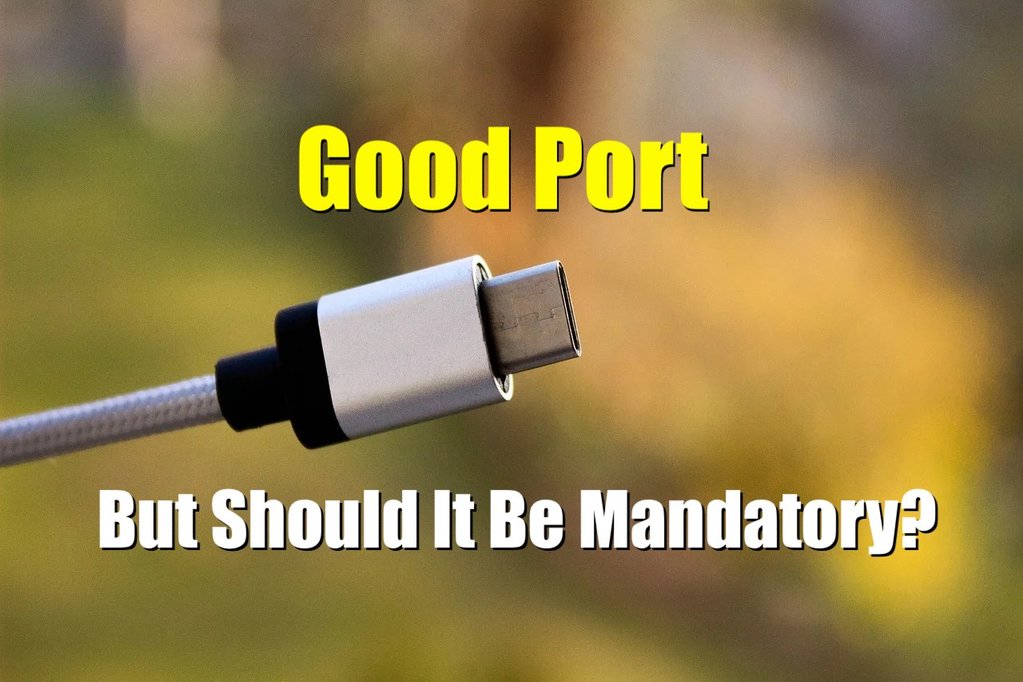- in Production by Bobby Owsinski
Why The EU’s Mandatory USB-C Proposal Is Especially Bad For Musicians And Artists

If you’ve not heard by now, the European Commission, which is the executive arm of the European Union, has announced a proposal to force electronics manufacturers to make USB-C ports standard on all devices. Yes, that means smartphones, computers, televisions, handheld gaming devices, portable speakers, cameras, headphones, and by default, anything that’s connected to them will need to have a mandatory USB-C port should this proposal be adopted.
Good Intentions – Unintended Consequences
The reason behind this proposal is environmental in nature – decrease the number of outboard chargers needed for the many electronic devices that everyone has. This makes sense on the surface until you realize that for most consumer electronic devices that we already own, the charging port makes little difference as most ultimately connect to the charger at wall via USB-A on the charger.
And different devices require different size power supplies anyway, depending upon their power requirements. You’re going to have a lot less headroom on your audio interface or preamp if forced to use a power supply designed for use by a phone.
Yes, the proposal is primarily aimed at smartphones (especially by Apple), but all other electronic devices are caught up in the wording as well.
Stifling Innovation
USB-C is a great port with many advantages over those that came before it, like fast data transfer rates and the ability to use it to charge a device. The problem is that new ports are built for a reason and that’s usually for better performance. This is especially important if you’re trying to produce or mix music. No one wants to go back to the hassle of the SCSI port days, but imagine if that were a mandatory part of all audio gear? Imagine if USB-A, as widespread a port as there ever was, was the standard on your phone? It would be larger, not waterproof, and slow as molasses to transfer data or charge. Likewise with your audio gear – who wants to wait forever to backup a drive before leaving the studio when it can be done in a flash over USB-C or Thunderbolt 4?
Mandatory USB-C ports will keep us firmly planted in 2021 with little chance to break out beyond in terms of file daily transfers and backups. It will make it more difficult to make use of better processors in the future that might be more power hungry. It will keep the data transfer rates maxed out at what they are right now, with no chance to upgrade as faster rates become more available.
And speaking of unintended consequences, should the USB-C port become mandatory, this could force manufacturers to go completely wireless instead. This has its conveniences, but as professional audio people know, has a number of problems in practice. If you really take a look at your wi-fi signal, it may show high bandwidth (mine is 500 meg down / 30 meg up, for instance), but that’s the average performance. Wi-fi tends to operate in great bursts of data, with periods of not much getting through, which is the reason behind the many hiccups found and now expected on a typical Zoom meeting.
To be clear, the is only a European Union proposal that still needs to be adopted by the European Parliament and the Council. That doesn’t mean it’s a slam dunk. But it does mean that if the EU mandates USB-C as standard, it could force other countries to follow suit. If that happens, it will most likely create problems for pros and consumers alike that they didn’t have before.
